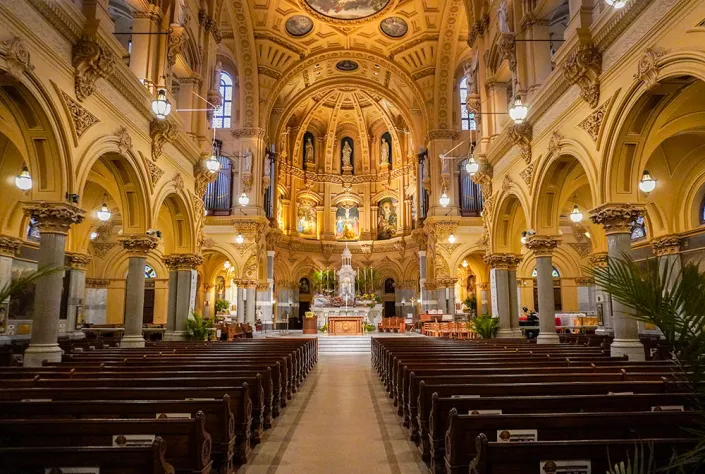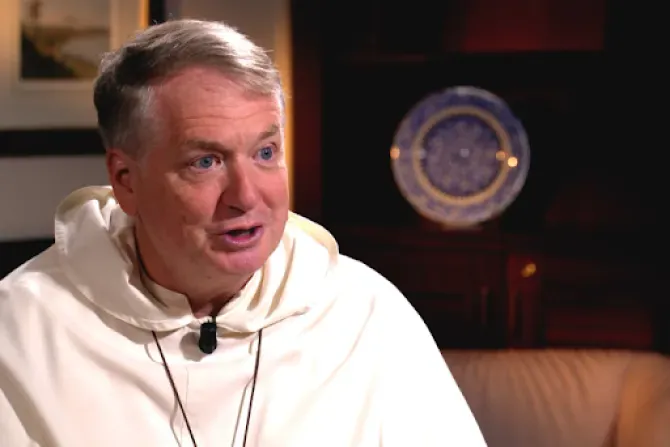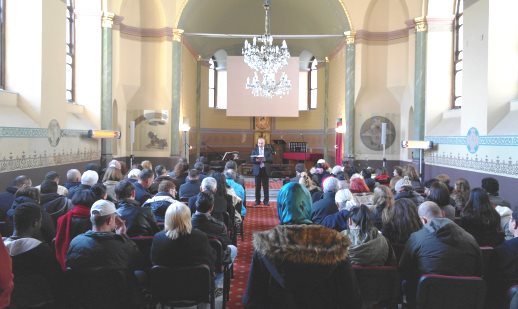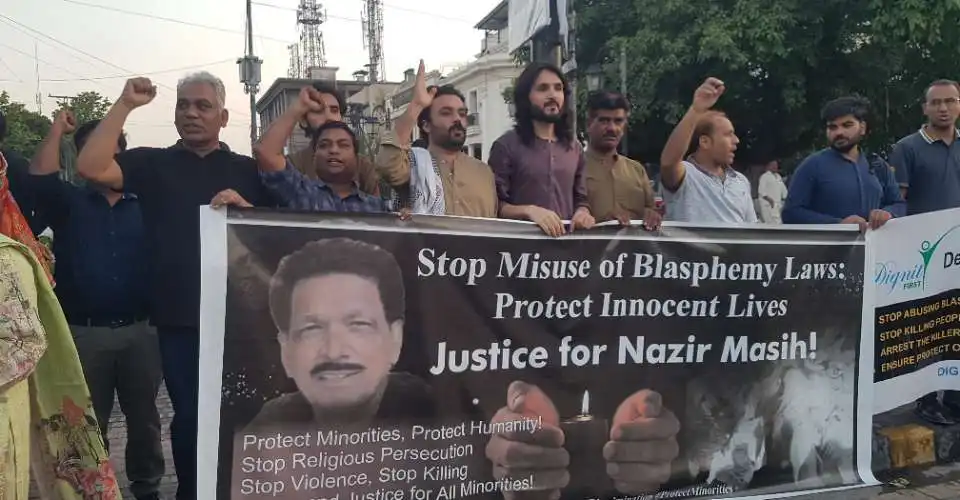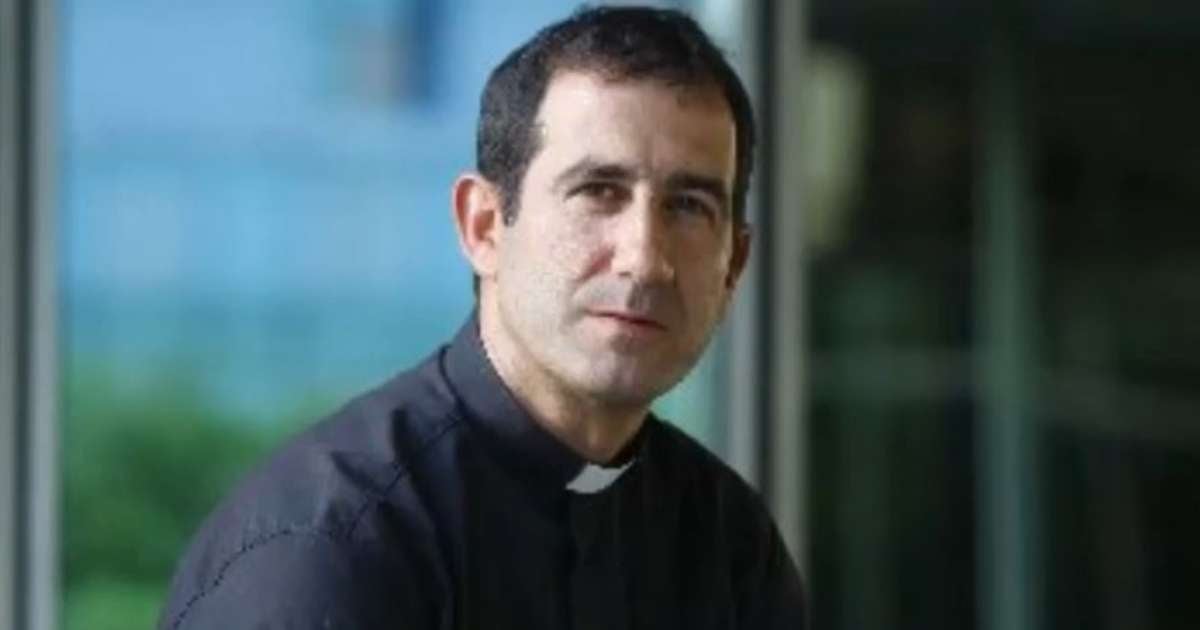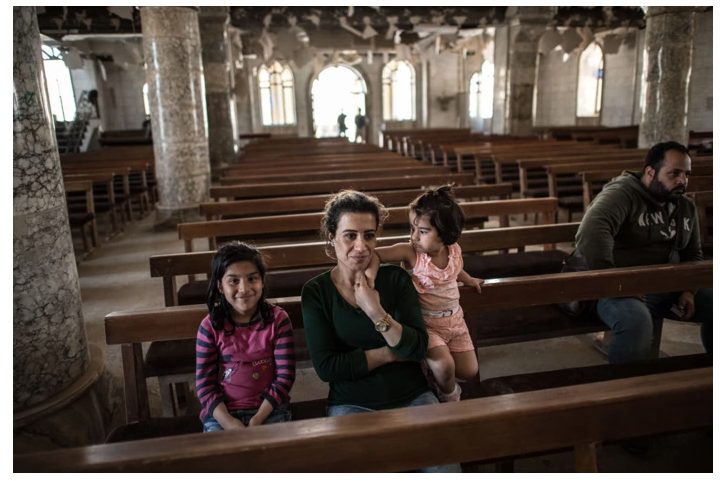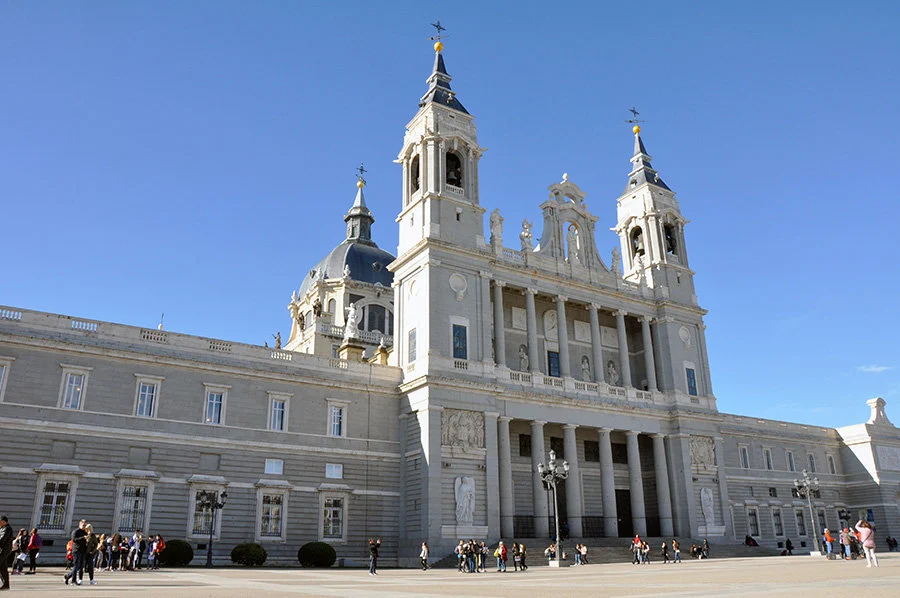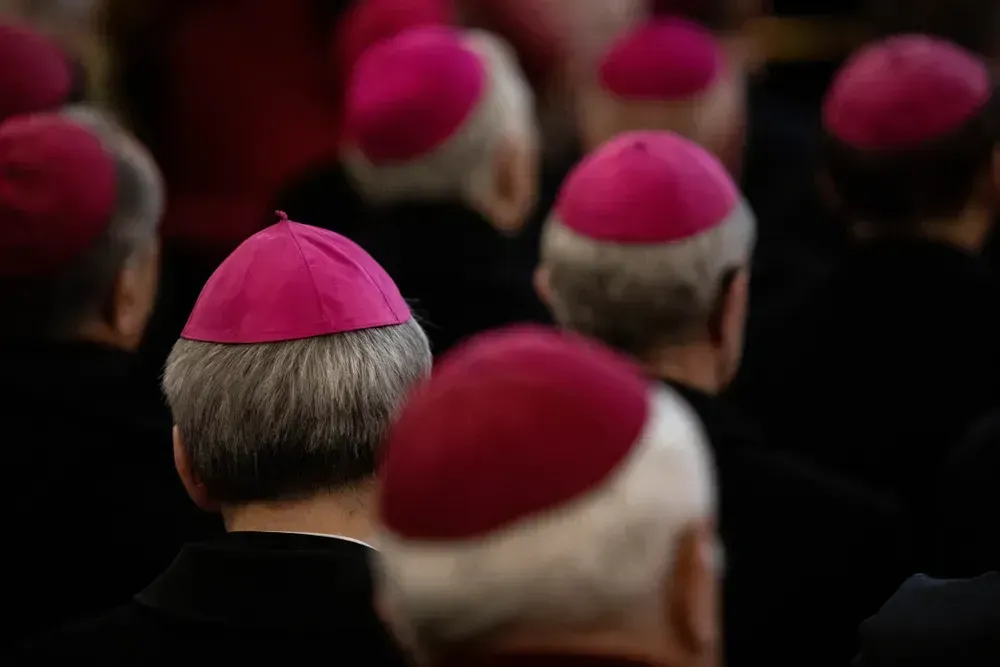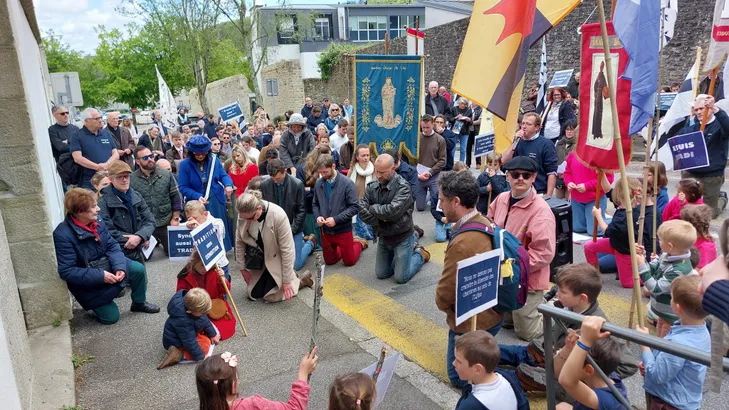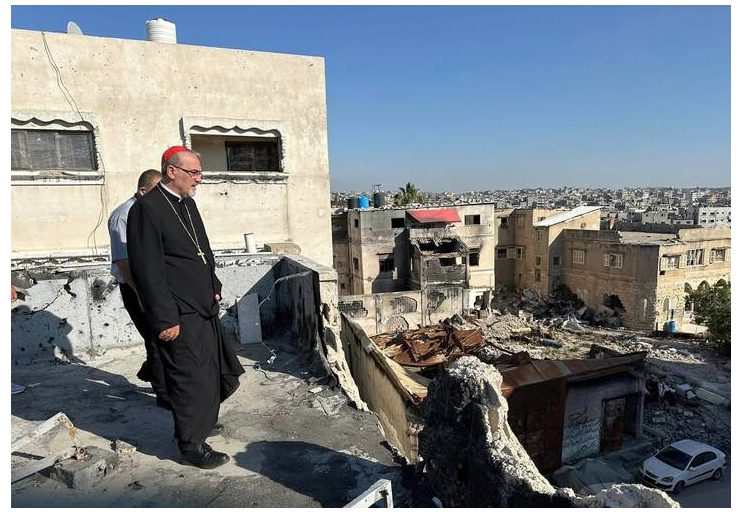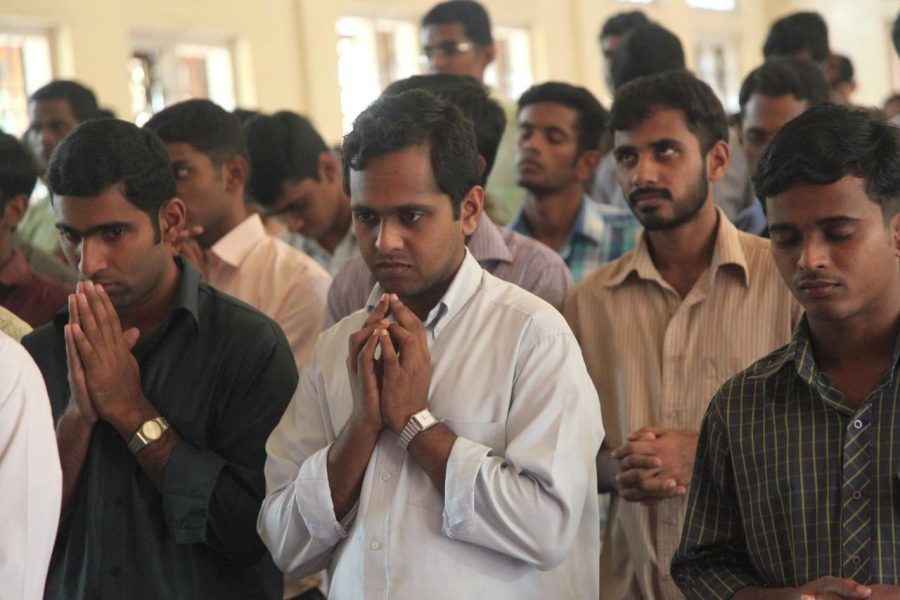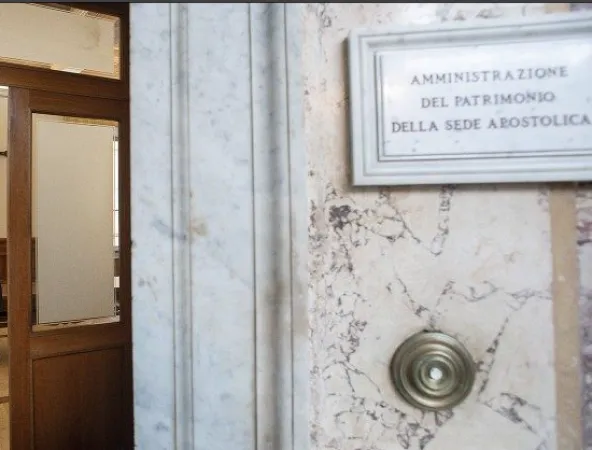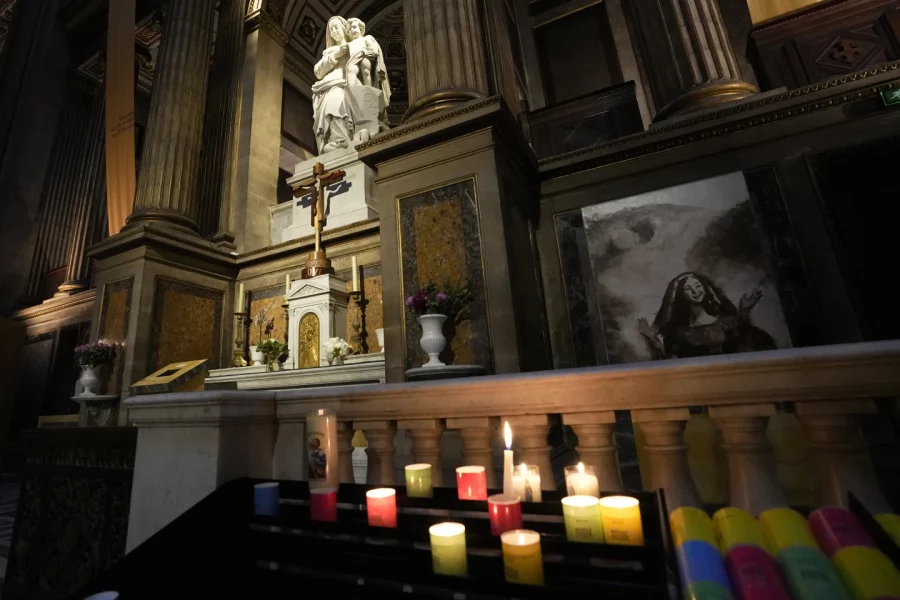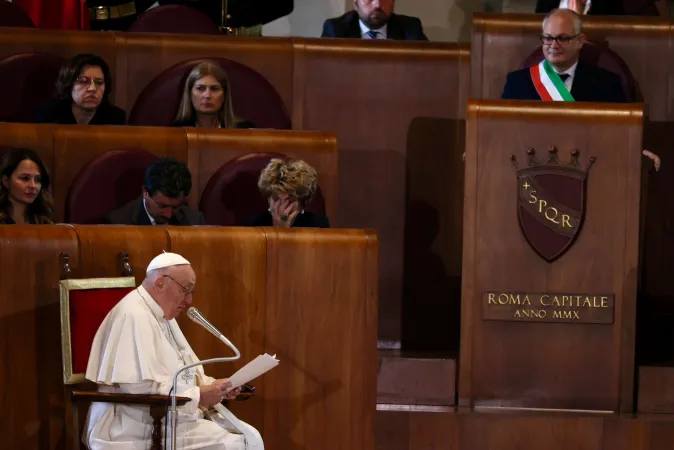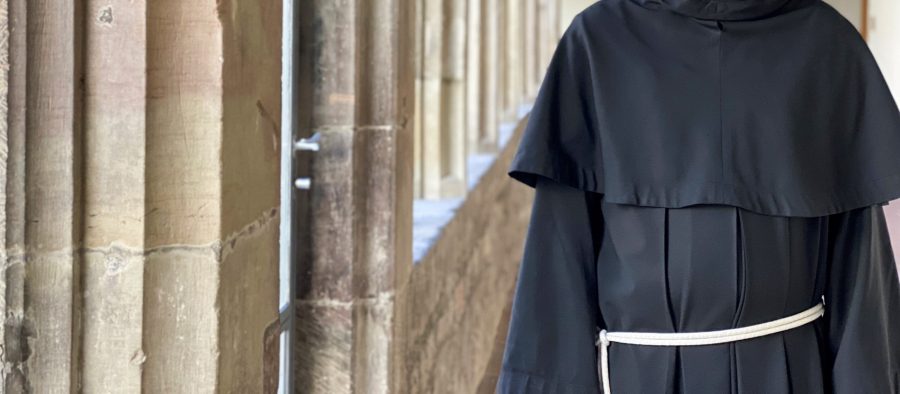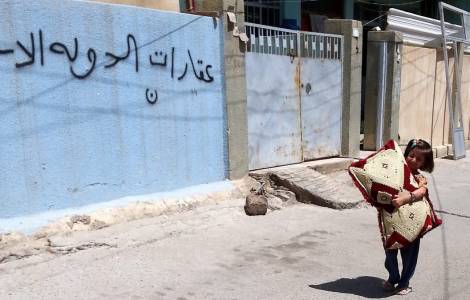(New Ways Ministry. Phoebe Carstens).
In the National Catholic Reporter, a recent profile of a New York City parish highlighted its efforts to be widely inclusive, including of LGBTQ+ people.
The Church of St. Francis Xavier in Manhattan’s West Village neighborhood was the subject of NCR’s report about how the parish is redefining what acceptance in the church means.
According to NCR, “over the past 40 years since, it has stood out among others in the New York Archdiocese for its pastoral activities aimed at LGBTQ parishioners’ inclusion, its constant liturgical and eucharistic renewal to make the sacraments more accessible to everyone, and its mission to fight racism, poverty, hunger and homelessness.”
That commitment to greater LGBTQ+ inclusion is evident through dedicated small groups, educational programs, liturgical choices, and elements of the physical sacred space. For example, there is a small side altar consecrated as a memorial for those who have died of HIV/AIDS. The altar is dedicated to Saint Aloysius Gonzaga, patron of, among other things, AIDS patients and caregivers. For 10 years, the parish hosted “Gonzaga Group,” a place of spiritual support for LGBTQ+ parishioners living with HIV/AIDS. And in 1986, St. Francis Xavier was the first U.S. Catholic parish to hold a memorial service for a man who had died of AIDS.

